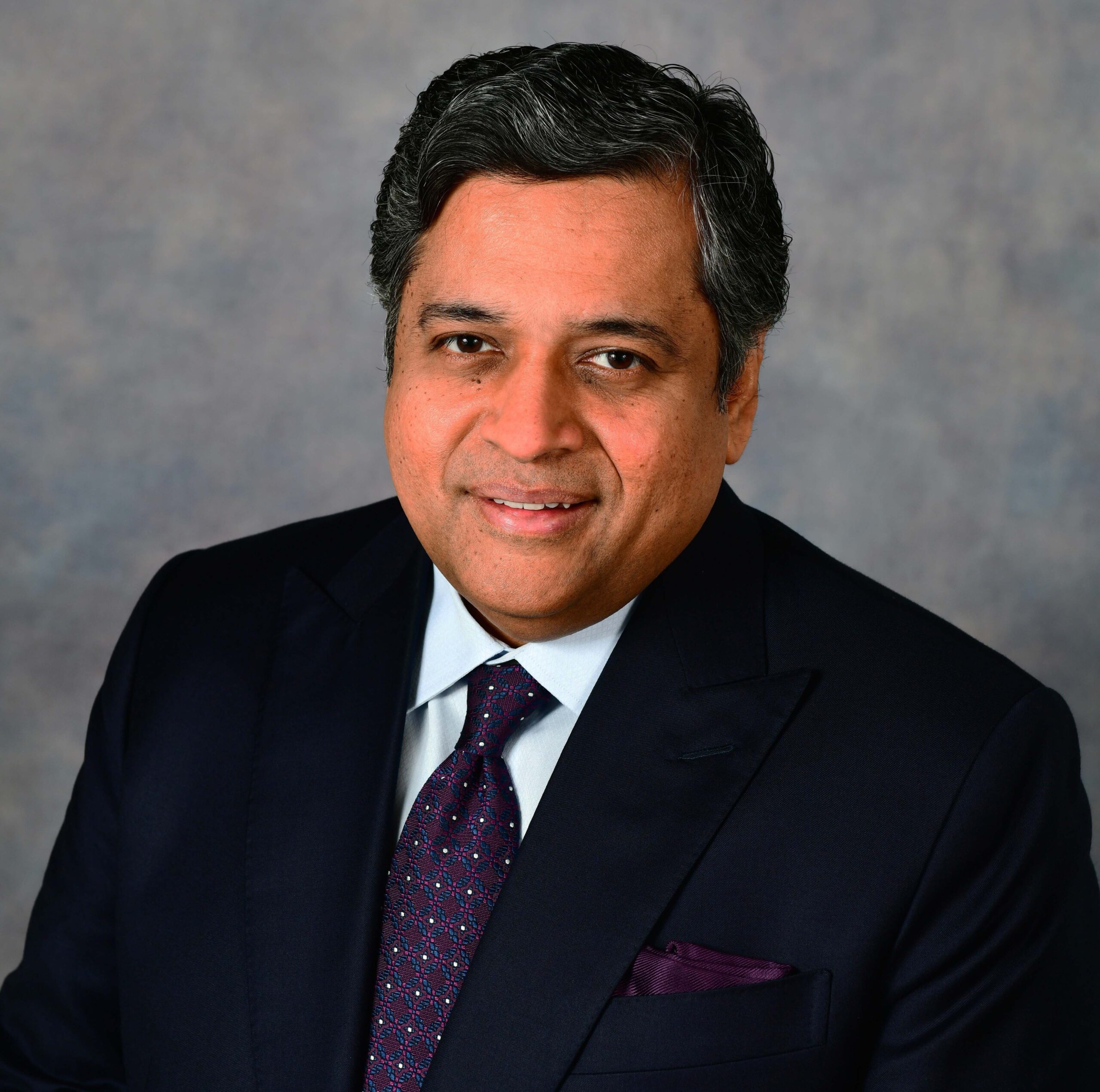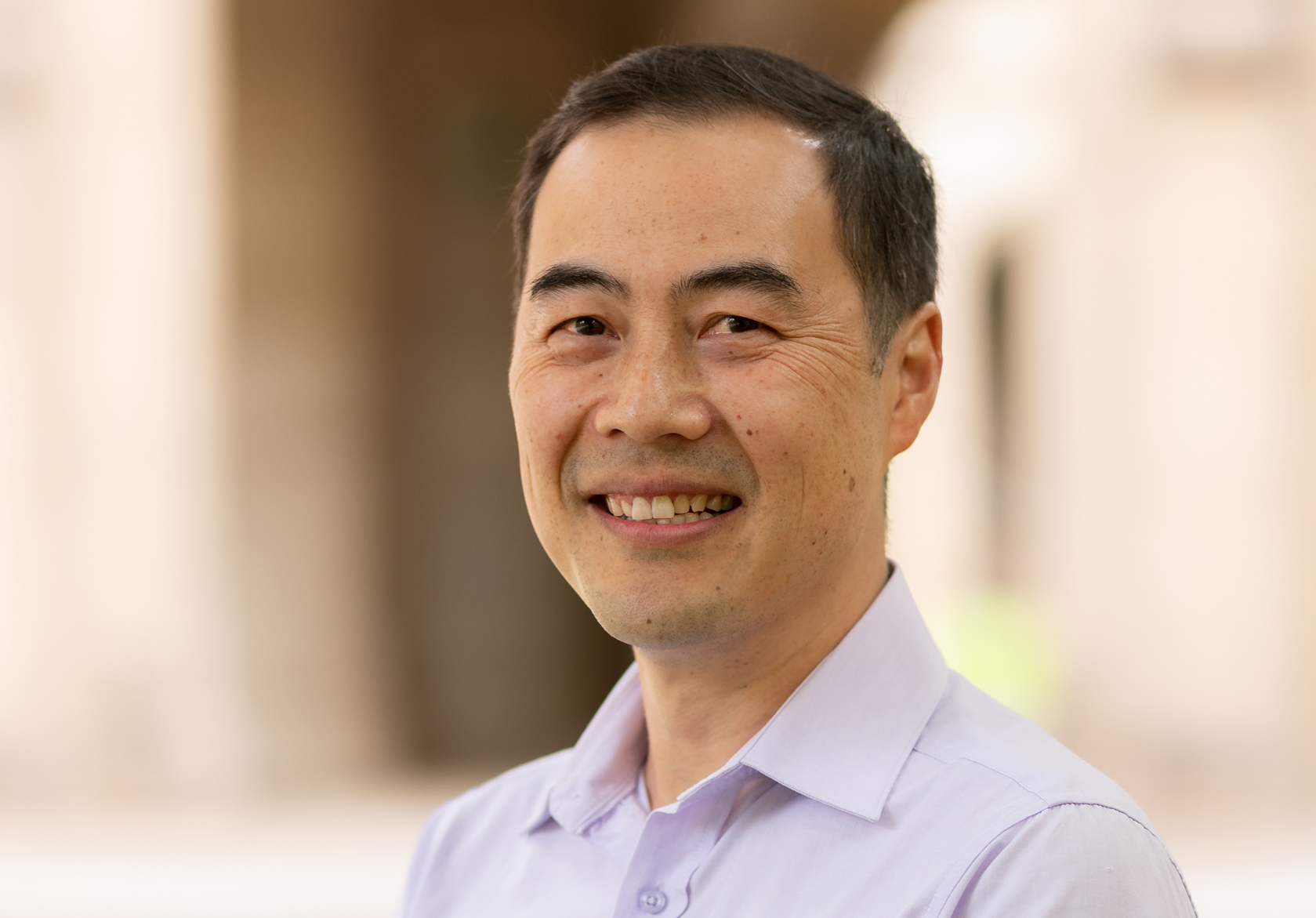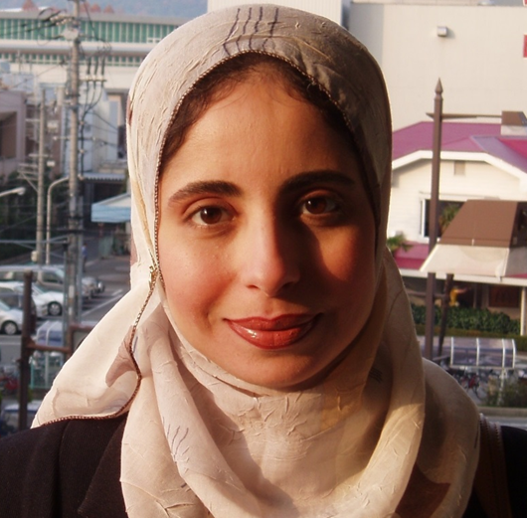ABOUT US
Our Committee
Composition
ISAN is a not-for-profit organisation, registered in Australia with the purpose of facilitating communication between those working in, and to raise the profile of, Autonomic Neuroscience. The business of ISAN is managed by its elected Executive Committee, volunteers from the community who serve for periods of up to three years.
The Executive Committee is composed of:
- President
- Vice President
- Past-President
- Treasurer
- Secretary
- International Secretary
- Communications Officer
- Regional Representatives (Africa ♦ Asia ♦ Australasia ♦ Europe ♦ North America ♦ South America)
- Representatives At Large
Executive Committee
Any member of the Society may apply for a position on the Executive Committee; elections are typically held during Conventions of the Society. Our current Executive Committee are:

Valentin A. Pavlov
President
Professor, Feinstein Institutes for Medical Research, Northwell Health & Zucker School of Medicine at Hofstra University, New York, USA
Valentin A. Pavlov received his PhD in Physiology, Pathophysiology and Pharmacology from Sofia University “St Kliment Ohridski” in Sofia, Bulgaria. Dr Pavlov is currently a Professor at the Feinstein Institutes for Medical Research, Northwell Health, and a Professor at the Zucker School of Medicine at Hofstra/Northwell. A main focus of Dr Pavlov’s research for the last 20 years has been the neuro-immune dialogue and the role of brain and peripheral cholinergic signaling in the regulation of inflammation. Dr Pavlov’s current NIH funded studies utilize advanced pharmacological, optogenetic, and bioelectronic approaches to examine brain and peripheral mechanisms regulating immunity and metabolism in preclinical settings of inflammatory disorders.
https://orcid.org/0000-0002-1994-2853

J. Kevin Shoemaker
Vice President
Professor of Kinesiology, University of Western Ontario: London, Ontario, Canada
Kevin Shoemaker received his Ph.D. in Work Physiology from the University of Waterloo in 1996 and started his academic career at the University of Western Ontario in 1999 following post-doctoral training at the Penn State College of Medicine. Dr. Shoemaker’s research focuses on the neural control of the circulation in health and disease. Particular focus is applied to a) determining efferent sympathetic discharge patterns, b) the cortical autonomic pathways mediating autonomic changes and cardiovascular control, and c) neurovascular of organ blood flow, focusing on skeletal muscle and cerebrovascular beds.
https://orcid.org/0000-0002-6794-5979

Kalyanam Shivkumar
Past President
Professor, Medicine/Radiological Sciences, University of California Los Angeles, USA
Kalyanam Shivkumar MD PhD is a physician scientist serving as the founding director of the UCLA Cardiac Arrhythmia Center & EP Programs and as the director & chief of UCLA’s Cardiovascular and Interventional Programs. He completed his medical degree at University of Madras, India in 1991 and his PhD in Physiology at UCLA in 2000. He is currently a Professor in the Departments of Medicine (Cardiology), Radiology and Bioengineering. He leads a team that provides state of the art interventional clinical care and has developed several innovative therapies for the non-pharmacological management of cardiac arrhythmias and other cardiac diseases. He was elected President of ISAN in 2019
https://orcid.org/0000-0002-4121-1766

Simon McMullan
Treasurer
Associate Professor, Neurobiology of Vital Systems, Macquarie Medical School, Sydney, Australia
Simon McMullan’s research focuses on medullary centres that control breathing and the cardiovascular system. This intricate machinery is entirely autonomous and requires no input from the ‘conscious’ brain; the neural circuits that regulate the body’s metabolic economy become active before birth and remain so throughout life, their silence defining the moment of brain death.
Work in Dr McMullan’s group uses a combination of electrophysiology, neural circuit tracing, and behavioural techniques to understand the functional architecture of neurons that generate sympathetic nerve activity.
https://orcid.org/0000-0002-9854-1029

Song Yao
Secretary
Head, Cardiovascular Neuroscience, Department of Anatomy and Physiology, University of Melbourne, Australia
Song Yao received his PhD from Monash University. He is currently a teaching a research academic based in the Department of Anatomy and Physiology at the University of Melbourne, Australia. Dr Yao’s research focuses on brain areas and mechanism that regulate the activity of autonomic nerves in health and disease (hypertension, heart failure, sepsis) with the aim of discovering novel therapeutic targets. Dr Yao is currently the Neuroscience theme lead for his department and Secretary of ISAN.
https://orcid.org/0000-0003-3337-4490

Vaughan Macefield
International Secretary
Professor of Neuroscience, Monash University Clinical School, Victoria, Australia
Vaughan Macefield is Professor of Neuroscience in the Department of Neuroscience at Monash University, Melbourne, Australia. He is a neurophysiologist who specialises in microelectrode recordings from human peripheral nerves (microneurography) and is best known for developing the methodology for recording the firing properties of single, type-identified, sympathetic neurones supplying muscle and skin and for developing the methodology for recording muscle sympathetic nerve activity (MSNA) at the same time as performing functional magnetic resonance imaging (fMRI) of the brain (MSNA-coupled fMRI). Vaughan has served as President of ISAN (2013-2015) and has been Chair of the Local Organising Committee for two ISAN meetings, ISAN 2009 (Sydney, Australia) and ISAN 2022 (Cairns, Australia).
https://orcid.org/0000-0003-3325-6566

Lindsea Booth
Communications Officer
Allan and Maria Myers Research Fellow, Florey Institute of Neuroscience and Mental Health, Melbourne, Australia
Lindsea Booth is an Allan and Maria Myers Research Fellow and head of the Neurocardiovascular Physiology Group at the Florey Institute. Her work is focused on understanding how the autonomic nervous system is altered in diseases, such as heart failure and sepsis, and investigating how modifying activity within these nerves can improve outcome.
https://orcid.org/0000-0003-3093-5766

Miran Rakha
Regional Representative, Africa
Senior Lecturer of Neuroscience, Pharmacology and Biochemistry Department, Faculty of Pharmacy,
The British University, Egypt
Miran Rakha earned her PhD in Neurophysiology, and her Postdoctoral Fellowship in Clinical Neuroscience from the Graduate School of Medicine, Dentistry and Pharmaceutical Sciences, Okayama University, Japan. She was nominated as a Representative of Egypt in N€UROMED Project “Mediterranean Neuroscience Network”. She started her academic career as an Adjunct Faculty Member to be the Founder and the Leader of Neuroscience Modules at The British University in Egypt. Her research focuses on Neuro-Immune Axis and Gut-Brain Interactions. A special focus of her research was devoted to Cardiovascular Neuroscience. She was elected as the Regional Representative of Africa in ISAN (2015-Present). She has served as a Member in the International Program Committee for three ISAN meetings; 2017 (Japan), 2019 (USA) and 2022 (Australia).
https://orcid.org/0000-0002-5396-567X

Kazuhiro Nakamura
Regional Representative, Asia
Professor, Department of Integrative Physiology, Nagoya University Graduate School of Medicine, JAPAN
Kazuhiro Nakamura is Professor of the Department of Integrative Physiology at Nagoya University Graduate School of Medicine. Dr. Nakamura’s research focuses on the brain circuit mechanisms of homeostatic functions in mammals, such as thermoregulation, fever and stress responses. These circuits also function to defend against environmental stressors, such as infection, predators, and starvation. By combining state-of-the-art molecular biology techniques with in vivo physiology and neuroanatomy, Dr. Nakamura aims to unify the circuits into a central neural network that is fundamental to homeostasis.
https://orcid.org/0000-0002-6095-8996

Natasha N Kumar
Regional Representative, Australasia
Senior Lecturer, Pharmacology, University of New South Wales Medicine & Health, Sydney, Australia
Natasha Kumar is an integrative neuroscientist and head of the Molecular Neuroscience lab at UNSW Sydney. Her research group investigates the cellular/molecular and physiological basis for respiratory and autonomic regulation (and dysregulation during sleep apnea, SIDs and other respiratory disorders). Currently, her group is focussed on the molecular details that underlie hormones /neurotransmitter and other neuromodulators interacting with respiratory chemoreceptors and the chemical drive to breathe, to lead to changes in human physiology. She has served as the Australasian Representative for ISAN since May 2023.
https://orcid.org/0000-0003-4712-8792

Bruno Bonaz
Regional Representative, Europe
Professor, Grenoble Institute of Neurosciences, France
Bruno Bonaz is Professor of Gastroenterology in Grenoble, France. He works on brain-gut interactions in irritable bowel syndrome (IBS) and inflammatory bowel disease (IBD) with a special interest on the role of the autonomic nervous system in their pathogeny. His research relates to the use of vagus nerve stimulation in IBD and IBS. He is also interested in the practice of hypnosis in IBD and IBS. He was elected President of ISAN in 2017.
https://orcid.org/0000-0003-1858-8941

Mark Stewart
Regional Representative, North America
Professor of Physiology and Pharmacology, SUNY Downstate Health Sciences University, New York, USA
Mark Stewart, MD, PhD is Professor of Physiology & Pharmacology, and Neurology at the State University of New York (SUNY) Downstate Medical Center in Brooklyn New York. He served as Dean of the School of Graduate Studies for 14 years, until mid-2022. Stewart received his MD and PhD degrees in 1991 from Downstate. His PhD and a postdoctoral fellowship were in neuroscience, and his current research is focused on the autonomic and systemic consequences of epileptic seizure activity including sudden death. His lab’s work has led to the development of tools and strategies to prevent sudden death in epilepsy.

Thiago Moreira
Regional Representative, South America
Professor, Department of Physiology and Biophysics, Institute of Biomedical Sciences, University of Sao Paolo, Brazil
Thiago Moreira’s research focuses on the neural basis for respiration both in health and disease. Particular focus is applied to a) neuromodulation of respiratory chemoreceptor activity, b) the hypothalamic and brainstem pathways mediating autonomic changes and respiratory control, and c) neuroglia vascular control of ventral brainstem region and the impact on respiratory chemoreception.

Cyndya Shibao
Representative At Large
Associate Professor of Medicine, Division Clinical Pharmacology, Vanderbilt University Medical Center, Nashville USA
Cyndya A. Shibao is an Associate Professor with tenure at the prestigious Vanderbilt University School of Medicine in Nashville Tennessee in the US. She is the Associate Director of the Vanderbilt Autonomic Dysfunction Center and the Program Director and founder of their Board-certified Fellowship Training in Autonomic Disorders. She is a patient-oriented clinical investigator and among her major contributions to science, she discovered a novel genetic disease, that causes autonomic failure in many organs. Further, she has discovered new treatment modalities for patients suffering from autonomic disorders.

Keith Brain
Representative At Large
Associate Professor in Pharmacology, Biomedical Sciences, University of Birmingham, UK
Keith Brain trained in medicine (MB/BS) and Physiology (PhD) at the University of Sydney before moving to Oxford on a series of research fellowships. Since 2009 he has worked at the University of Birmingham, now as an Associate Professor. His work focusses on junctional transmission, in both urogenital and cardiovascular systems. His recent work investigates the regulation of the noradrenaline transporter rate, using optical methods.
https://orcid.org/0000-0002-0906-7012

Paul Macey
Representative At Large
Professor of Nursing, UCLA Brain Institute, Los Angeles, USA
Paul Macey is a professor in the School of Nursing at UCLA, with a PhD in electrical engineering and training as a neuroscientist. Dr. Macey studies how breathing problems during sleep affect the brain, and how brain changes relate to stress. He uses state-of-the-art neuroimaging techniques combined with physical and mental measures of stress to understand brain-body connections. Most recently, he is testing whether breathing and meditation can help lower blood pressure and improve well-being.
https://orcid.org/0000-0003-4093-7458

Caroline Sevoz Couche
Representative At Large
Associate Professor in Neuropharmacology, Institut National de la Santé et de la Recherche Médicale, Paris, France
The research of Caroline Sevoz Couche focuses on development of strategies to improve vagal activity in at-risk populations, using pharmacoloogical (inhibition of medullary serotoninergic receptors) and electroceutical (electrical vagal stimulation) approaches.
Her work has shown that invasive or non-invasive vagal nerve stimulation not only increases parasympathetic activity but also promotes anti-nociceptive or anti-inflammatory mechanisms. Recent work from her laboratory has developed deep-breathing techniques as a candidate to improve the function of organs targeted by the vagus nerve (the heart but also lung, eye, pancreas) and reduce central symptoms through positive feedback.
https://orcid.org/0000-0003-4570-6384
